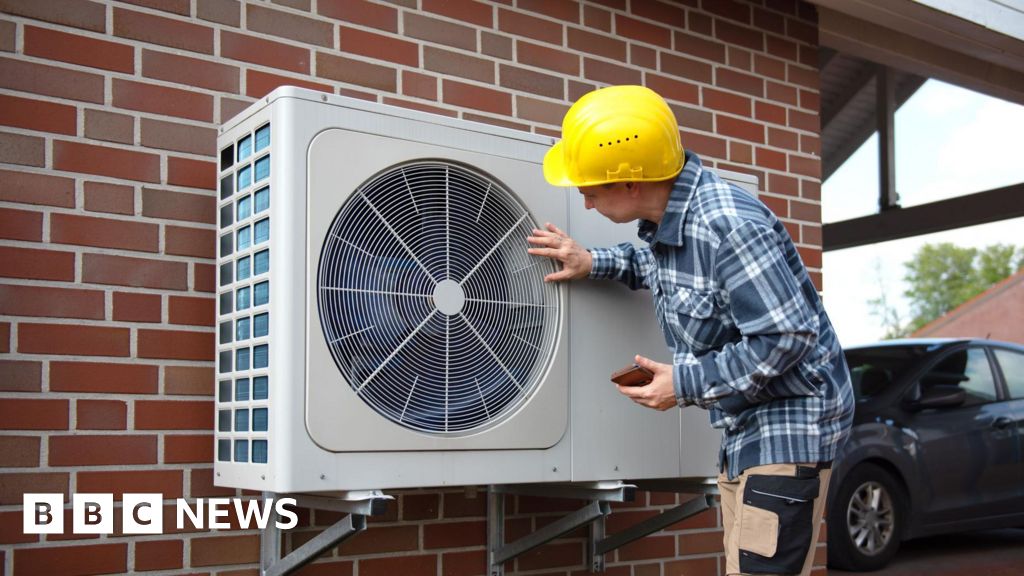More people are buying electric cars and installing heat pumps than ever before, but those numbers need to increase even further, according to the government’s climate advisers. The independent Climate Change Committee said that the government needed to make sure that households benefit from the switch to cleaner technologies through lower bills.
The UK must stop adding to the total amount of planet-warming greenhouse gases in the atmosphere by 2050, known as “net zero”. Reaching net zero carbon dioxide emissions globally is widely seen as essential to limit further warming.
Greenhouse gas emissions within the UK’s borders have already fallen by more than half since 1990, mostly because polluting fossil fuels have been replaced with renewable energy for electricity generation. The UK’s biggest emitters last year were transport and buildings, which will need to get cleaner to help reach net zero.
The CCC sees signs of progress, including a near doubling of the number of electric cars on UK roads in the past two years, with nearly one-in-five new cars sold in 2024 being electric. This has helped reduce emissions from transport for the second year in a row.
Sales of electric heat pumps are growing quickly, up by more than half last year, thanks partly to grants introduced under the Conservatives. However, they still remain well below target. The committee praised the new government’s relaxation of planning rules, which should encourage more people to install heat pumps.
But even after grants, heat pumps can be expensive to install and are not necessarily cheaper to run due to high electricity costs. The single largest reason for the rise in household electricity prices is the increase in wholesale costs, driven by international gas prices.
The committee argues that making electricity cheaper is essential, and one way to do this is to remove charges added to bills to support older renewable energy projects and energy efficiency upgrades. Removing these costs would be a quick fix to the UK’s high prices, making it cheaper to run electric cars and heat pumps. However, these costs would have to be transferred elsewhere, potentially onto general taxation.
Source link




